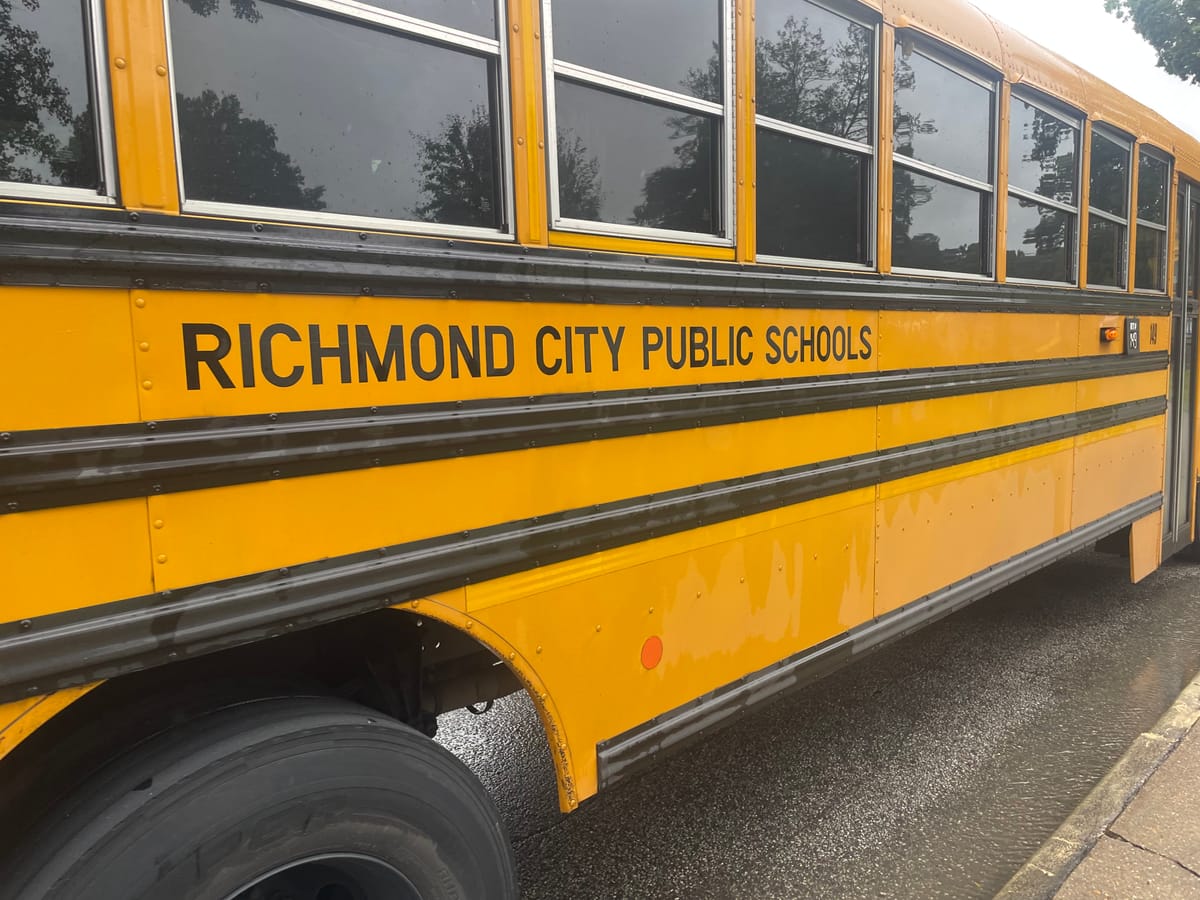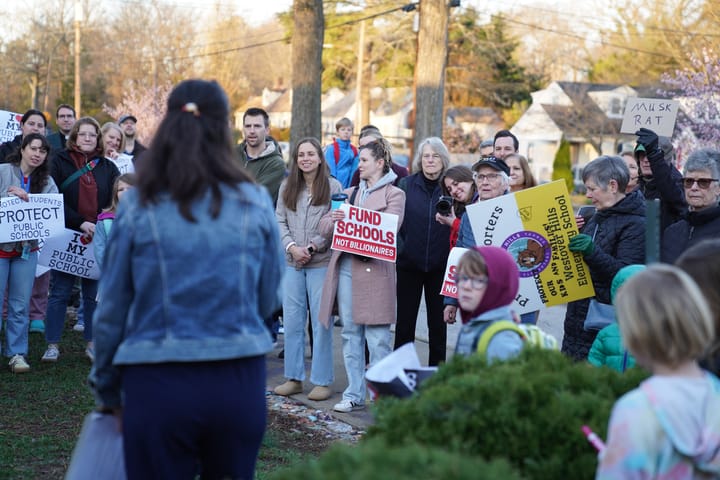
RPS unions decry proposal to share costs of health insurance increases
Representatives of two unions representing Richmond Public Schools employees are opposing a proposal from Superintendent Jason Kamras’ administration to reduce division expenses by splitting the costs of health insurance increases between RPS and employees.
“This is essentially a pay cut,” said Anne Forrester, president of the Richmond Education Association, the local teachers union.
Brian Peyton, president of Teamsters Local 322, which represents RPS custodial and facilities workers, told the School Board that increasing health insurance payments “nullifies the raises employees have received.”
Kamras has said that while RPS has been absorbing all of the costs of health insurance increases for six years, “it is not sustainable for us to do so.” In his budget proposal, a plan the School Board will adjust over the next month before sending it to the mayor for his consideration, splitting further increases equally between the division and employees would save an estimated $4 million annually.
With money expected to be tighter next year than it has been due to the expiration of COVID-era funds and the city’s need to address water infrastructure problems, reducing health insurance costs would “help us balance the budget constraints that we’re currently in,” said Chief Talent Officer Maggie Clemmons during a Feb. 3 School Board work session.
But for employees, the shift would have some significant impacts on paychecks.
For those signed up for RPS’ “classic” health plan, which Clemmons said was the most popular choice among employees, costs each paycheck could rise from $66 to $90 for employee-only plans, from $309 to $419 for plans covering an employee and their spouse and from $460 to $588 for plans covering the whole family.
“Some of us are barely scraping by,” said exceptional education teacher Hannah Clayman during a Feb. 4 hearing on the budget. “Please think hard about how you want to save some money, because you will lose staff if you pass this.”
How the change could impact division staffing raised some concerns among School Board members during their Feb. 3 work session.
“Are you worried that this will hurt our recruitment efforts given that we’ve invested so much in trying to bring up those salaries?” asked 3rd District member Ali Faruk, who also noted rising costs should be taken into account. “You could buy a house in Richmond four years ago for like $190,000. Now it’s $440,000. The context has shifted as well.”
RPS has invested millions into employee compensation over the past six years. When a 3% raise included in teachers’ collective bargaining agreement goes into effect next year, the Kamras administration calculates Richmond teachers will be making $73,000 on average, compared to $52,000 in recent years.
Kamras has repeatedly said he believes RPS needs to pay a premium for experienced teachers compared to surrounding counties because of the challenges of teaching in RPS, where two-thirds of students come from economically disadvantaged backgrounds and roughly one-fifth are English language learners.
Clemmons noted that divisions across the state take different approaches to health insurance increases. Chesterfield, she said, splits the cost of any bumps, as do the city of Staunton and Powhatan, Bedford and Goochland counties, while Albemarle, Cumberland and Charles City counties have absorbed rises.
In response to Faruk, she said splitting the cost of insurance increases could allow RPS to put more funding in other areas, such as employee incentives and academics.
Several board members also raised worries about union dissatisfaction and criticized the administration for not discussing the proposal with the bargaining units prior to including it in the draft budget.
“Our collective bargaining units are essential to keeping peace with the people who have joined them,” said 6th District member Shonda Harris-Muhammed. “I think we needed to extend the olive branch when we knew this was coming to the School Board.”
Board chair Shavonda Fernandez asked the administration to take a more “proactive approach to how we make these types of decisions.”
“The reality is increases are happening all across the nation. … It’s not something we can ignore, right, but how we handle the decisions that we make are equally as important,” she said. “We have made a lot of great strides in collective bargaining, and I would just hate for this to be the thing that upended it so quickly.”






